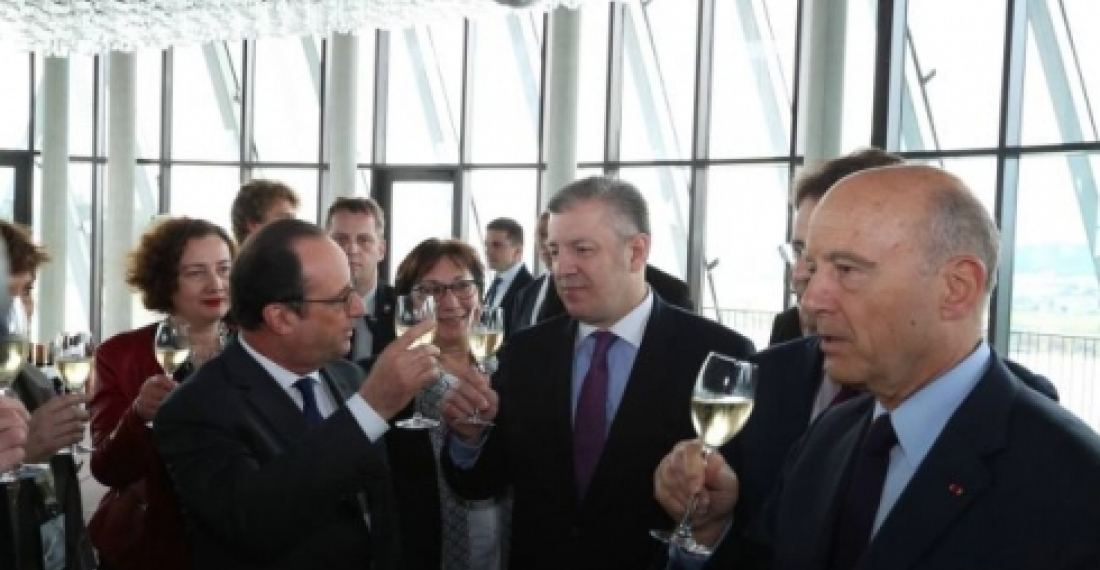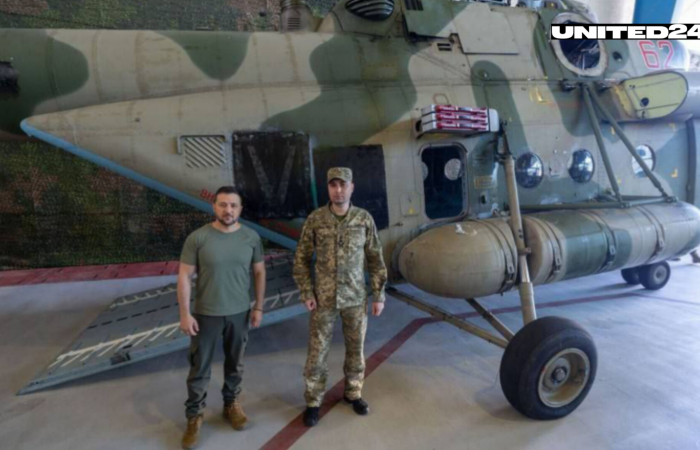The Georgian prime minister met with the French president on Tuesday, with the two discussing Georgia’s moves towards visa liberalisation within the European Union.
“I explained and informed him how important it is for Georgia politically, as well as for our Western course, to complete successfully visa liberalisation process,” said Giorgi Kvirikashvili in Bordeaux. The two met on the sidelines of the opening a new wine museum in the city in south-western France.
“He [the French President] accepted our request positively and pledged his support, and to discuss this issue with competent [French] ministries in order to have a go-ahead from France over this issue as soon as possible.”
The European Commission has put forward proposals to allow Georgians with biometric passports to visit the Schengen area for short term visits. However the change needs to be confirmed by the EU’s other bodies, including the European Parliament and Council.
Further meetings are set to take place in June. Georgia wants the measure in place before the summer break. Jean-Claude Juncker, president of the European Commission, and Martin Schulz, president of the European Parliament, have given their support to the change.
SOURCE: commonspace.eu and agencies






